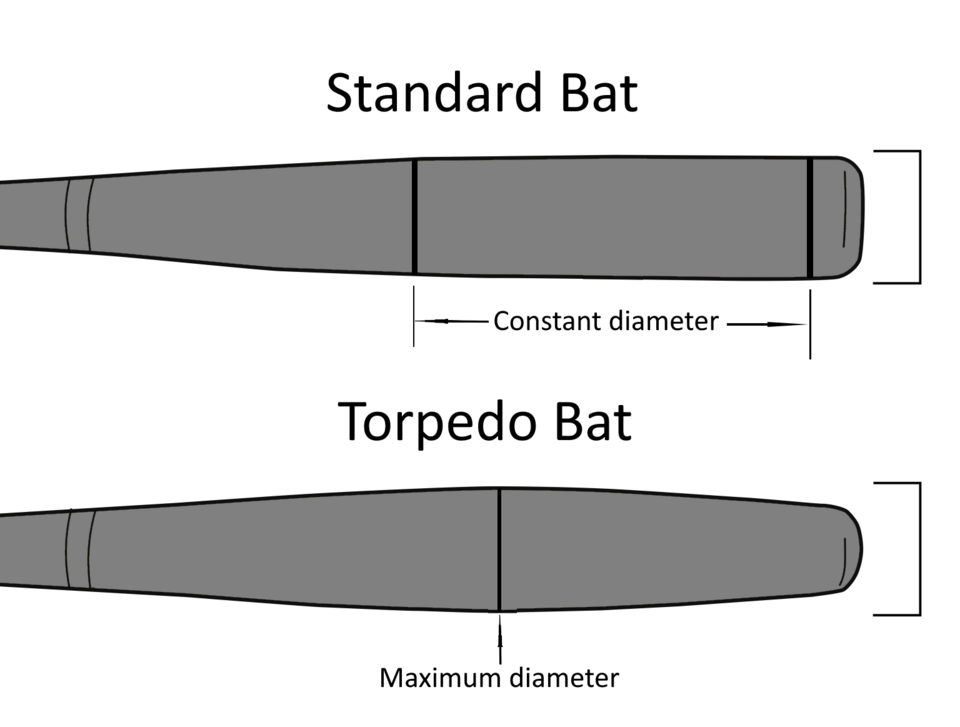Turning Red: A Pixar Review
May 15, 2022
Turning Red is the new movie coming from Disney and Pixar. This movie is considered both unique and significant because it is the first Pixar movie to have an Asian lead character and to be directed by a female director. The director is Domee Shi and the cast includes Rosalie Chiang as Meilin Lee, Sandra Oh as Ming Lee, Ava Morse as Miriam, Hyein Park as Abby, and Maitreyi Ramakrishnan as Priya. The movie includes animated comedy, important life lessons about growing up, a cast of characters who are loveable and relatable, and an inspiring story that anyone can enjoy.
The movie takes place in Toronto, Canada in the year 2002. The story focuses on a 13-
year-old girl named Meilin Lee, a middle schooler who is going through the challenges and
pressure of growing up. She must focus on her grades, attend a boy band’s concert called 4-
Town with her best friends, follow her overbearing and strict mother’s duties and instructions
, and go through puberty. These challenges get harder when she gets a curse that turns her into a
red panda when she is either excited or stressed out. Now she has to deal with both finding a way
to get rid of the red panda curse and finding out who she is as a person as she is starting to get
older.
As a Pixar fan, I found this movie to be a strong outing coming from the company. This
is because it had the strength to focus on big topics like puberty, growing up and adolescence.
Topics like this are important for middle schoolers I think this film will be a good lesson for
them to learn about the topic. As an Asian person, I also felt like the movie did a great job
highlighting the aspects of Asian culture because the lead character is Asian and it
highlights Asian traditions like worshipping ancestors and animals from the past. The movie did
a good job putting these elements of Asian representation in the film. Another good aspect of the
film was the main character, Meilin Lee. She carried the film because of her inspiring and
engaging journey of growing up. She also has a quirky and energetic personality that most
audiences can relate to. Overall, these qualities make her a relatable protagonist because most
audiences can believe that they went through or currently going through a similar journey she
went through in the film.
On the other hand, the movie does suffer a couple of setbacks. One major setback was
how the tone changes in the third act of the movie. This is because, throughout most of the movie, the tone of the movie is an animated comedy and supernatural genre. However, in the third act, the movie becomes an action film similar to a Marvel Cinematic Universe movie because of a final fight between the protagonist and one of the film’s other characters. This makes the act somewhat out of place with the rest of the movie. This setback is a minor nitpick, but I also felt like the movie was fast-paced at times due to the energy surrounding the movie. Although the movie was meant as an energetic movie, I felt like the movie could’ve used some time to explore some of the character dynamics in the film. But other than these setbacks, the movie still goes strong.
Overall, Turning Red is a fun and inspiring movie for all audiences alike. This is because
it explores the themes of growing up and becoming your own person. Both kids and adults can
learn this lesson because it is important for everyone to grow and learn to become their own
people. It also represents Asian culture in a good way due to its lead character and the accurate
use of traditions. This allows for more Asian representation in movies and tv shows along the
way.
The cast and characters also carry the film because of how the audiences can relate to them
and be inspired by their journeys. Although the film does suffer a few setbacks like its pacing
and third act, these issues don’t weigh down the movie and it continues to move forward with its
strengths. In the end, Turing Red is a movie that can be enjoyed for its relatable characters,
inspiring story, and representation of Asian culture.

















































